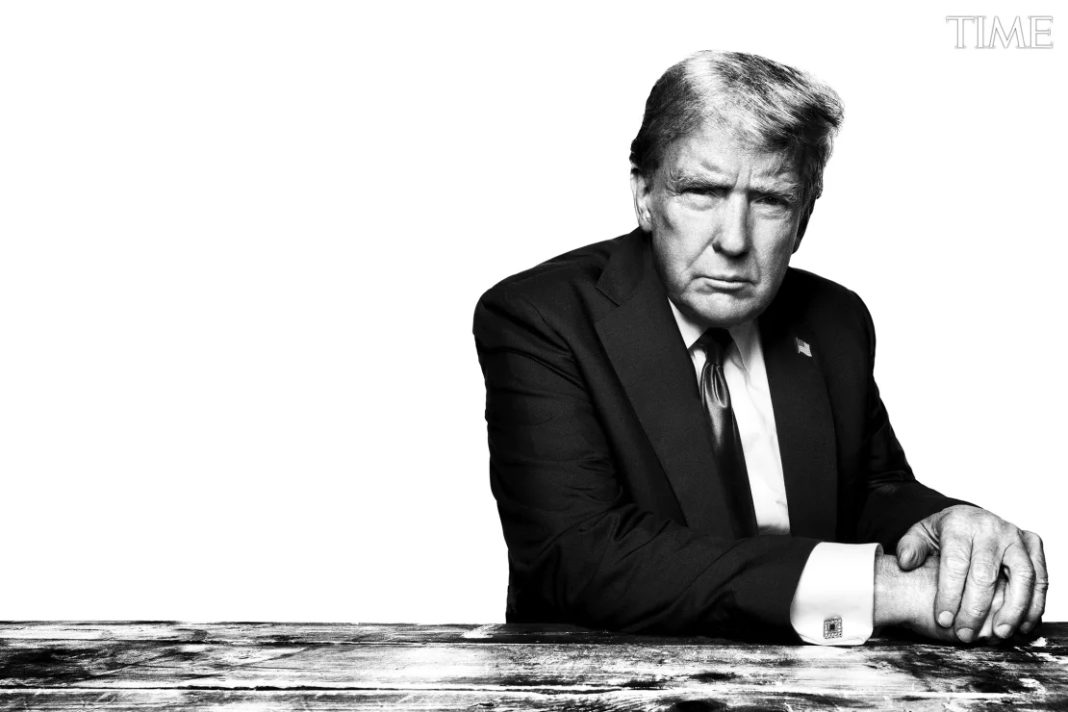NEW YORK, USA – As part of his selection as Time magazine’s 2024 Person of the Year, President-elect Donald Trump participated in a comprehensive interview addressing key policy priorities and contentious issues ahead of his return to the White House.
The interview, conducted on November 25, 2024, covered topics ranging from U.S. policy on Ukraine and mass deportations to potential pardons for January 6 participants and his plans for the Department of Education.
Ukraine Policy: ‘Vehement’ Disagreement on Missile Use
Trump criticised President Joe Biden’s decision to allow Ukraine to use U.S.-supplied Army Tactical Missile Systems (ATACMS) to strike targets within Russia, calling it a “very big mistake.”
“I vehemently disagree with sending missiles hundreds of miles into Russia,” Trump said. “We’re escalating this war and making it worse. That should not have been allowed.”
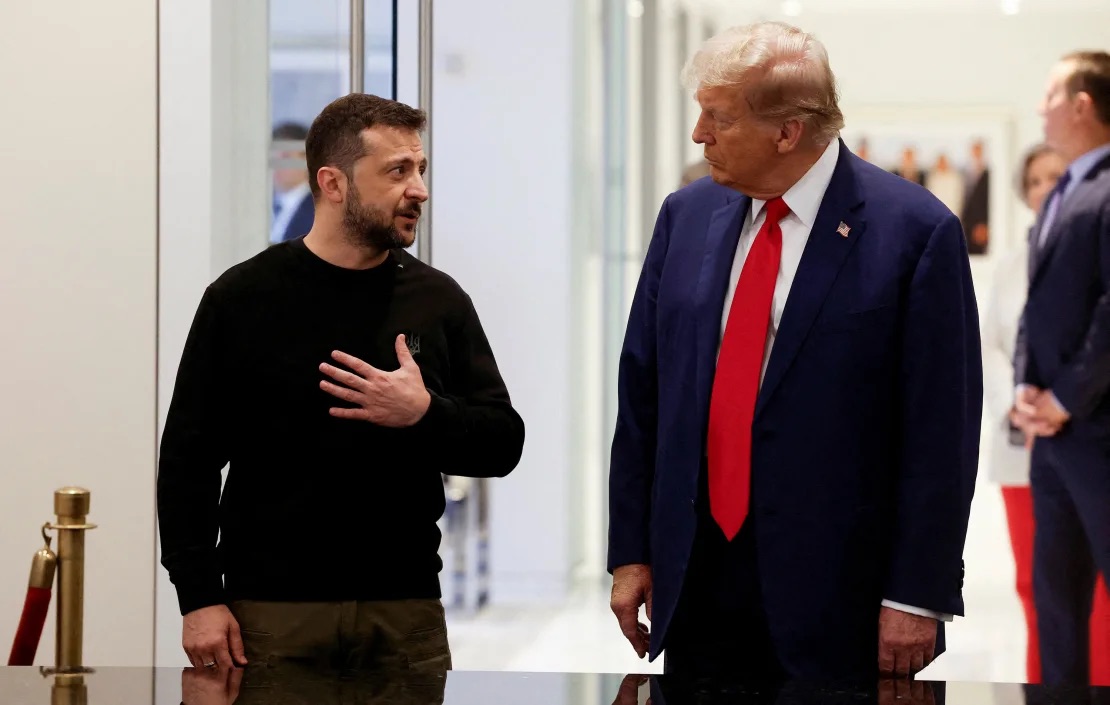
While reiterating his campaign promise to end the war, Trump avoided directly addressing whether he had spoken to Russian President Vladimir Putin since the election.
However, he rejected the notion of abandoning Ukrainian President Volodymyr Zelensky, stating, “I want to reach an agreement, and the only way you’re going to reach an agreement is not to abandon.”
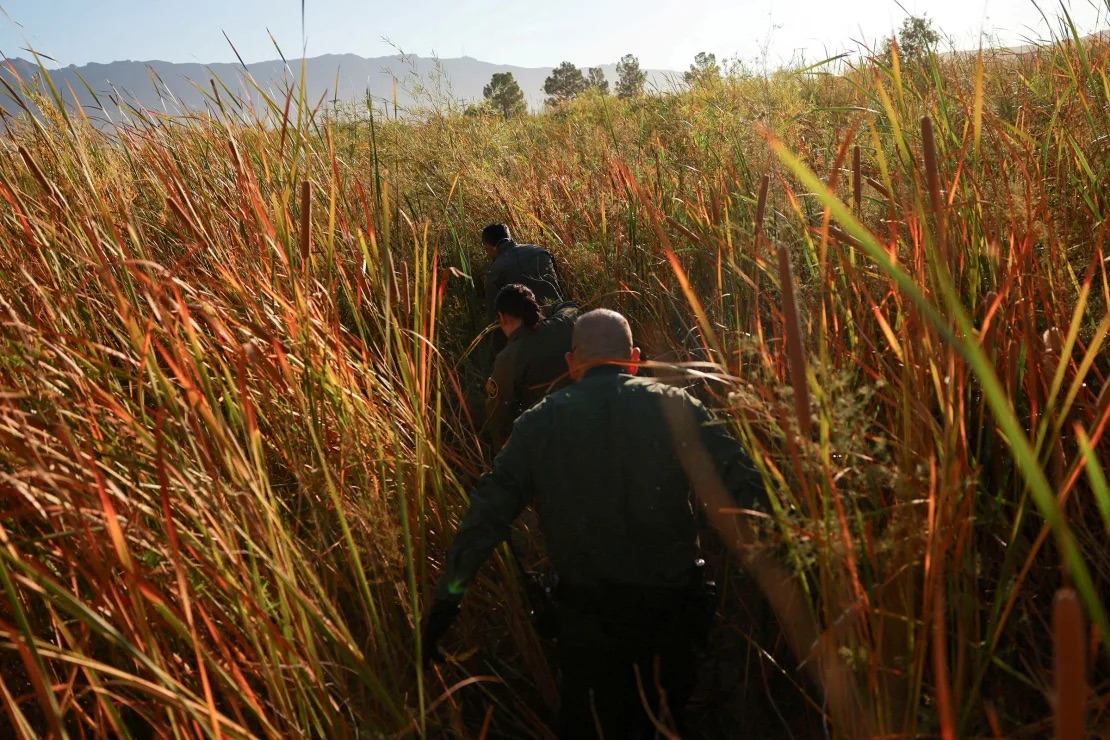
Mass Deportations and Border Policy
Trump reaffirmed his commitment to using military resources to deport undocumented migrants, framing illegal immigration as an “invasion.”
He pledged to utilise the National Guard, local law enforcement, and new detention facilities if necessary.
“We’ll go as far as I’m allowed to go according to the laws of our country,” Trump said. “If it needs new camps … I’ll do it absolutely within the confines of the law.”
He also vowed to impose tariffs on countries refusing to accept deported migrants, stating, “We will tariff those countries very substantially. It’s going to make it very hard for them to do business with us.”
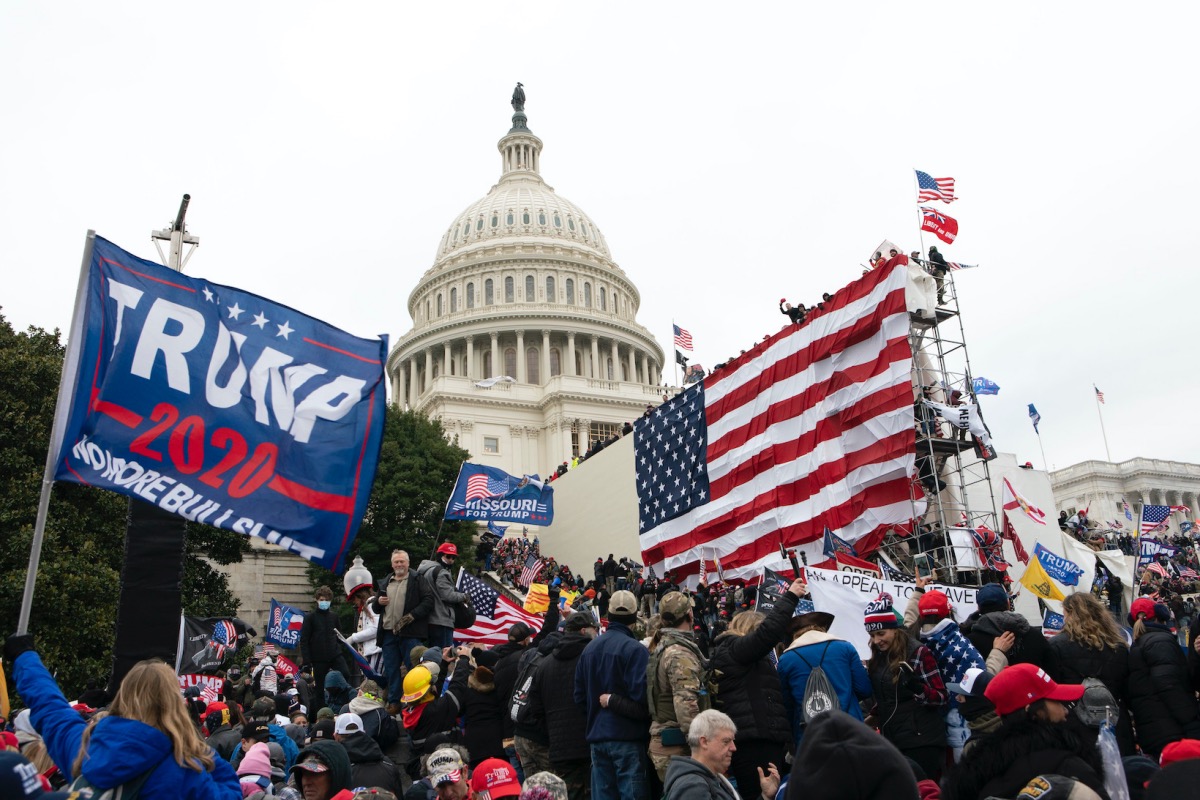
January 6 Pardons
Trump indicated he would review possible pardons for those convicted in connection with the January 6 Capitol riot, focusing on nonviolent offenders.
“I’m going to do case-by-case, and if they were nonviolent, I think they’ve been greatly punished,” he said, adding that he plans to begin reviewing cases “in the first hour that I get into office.”
While maintaining his commitment to pardoning some participants, Trump stopped short of ruling out pardons for individuals convicted of assaulting police officers during the attack.

Vaccine Policy and Autism Claims
Trump reignited controversy by suggesting his administration would study the safety of childhood vaccines and their alleged connection to rising autism diagnoses.
Despite overwhelming scientific evidence debunking the link, Trump floated the idea of eliminating certain vaccines if they are found to be “dangerous.”
“The autism rate is at a level that nobody ever believed possible. If I think [a vaccine] is dangerous … we will know for sure what’s good and not good,” he said, citing Robert F. Kennedy Jr., his pick for Secretary of Health and Human Services, as a key figure in this initiative.
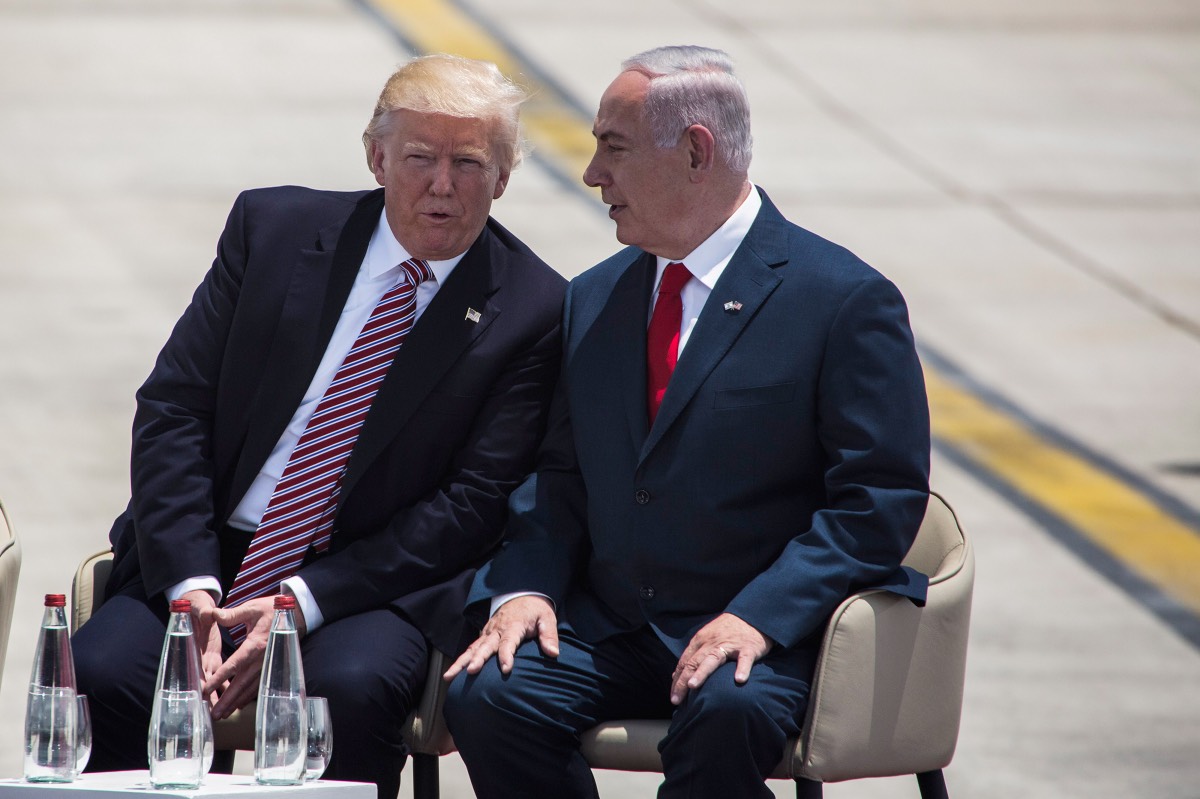
Middle East Policy: Exploring Alternatives to a Two-State Solution
When asked about a two-state solution to the Israeli-Palestinian conflict, Trump voiced openness to alternative approaches, stating, “I support whatever solution we can do to get peace … There are other ideas other than two-state.”
He refrained from committing to preventing Israel from annexing the West Bank, citing the October 7, 2023, Hamas attack on Israel as a turning point in his thinking.
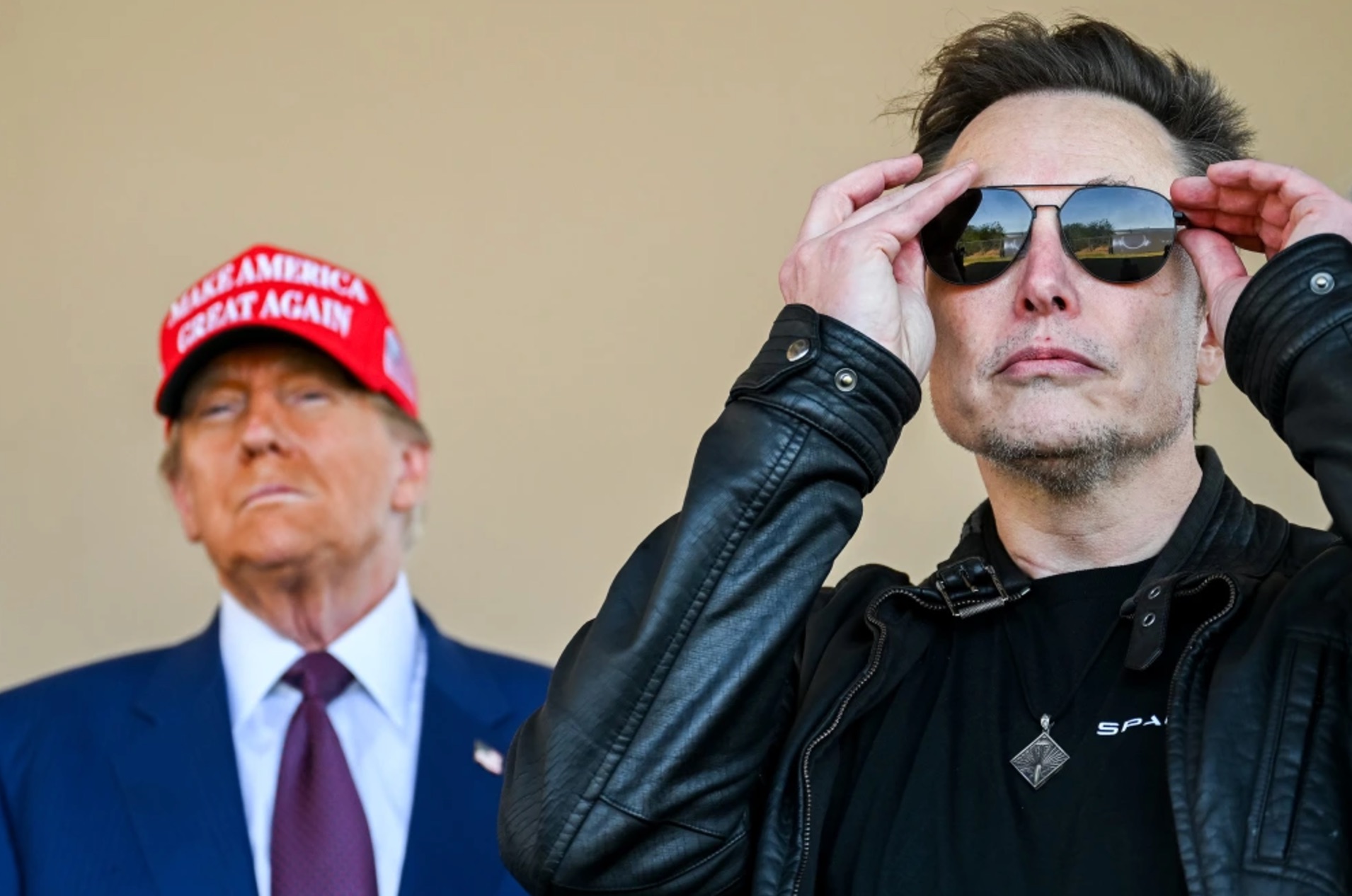
Education Reform: “Virtual Closure” of the Department of Education
Trump reiterated his plan to scale back the federal Department of Education, proposing a “virtual closure” and returning control to states.
“You’re going to need some people just to make sure they’re teaching English and mathematics,” he said.
“But we want to move education back to the states.”
He also hinted at shifting federal education funding into block grants with fewer restrictions, allowing states greater autonomy in managing their school systems.
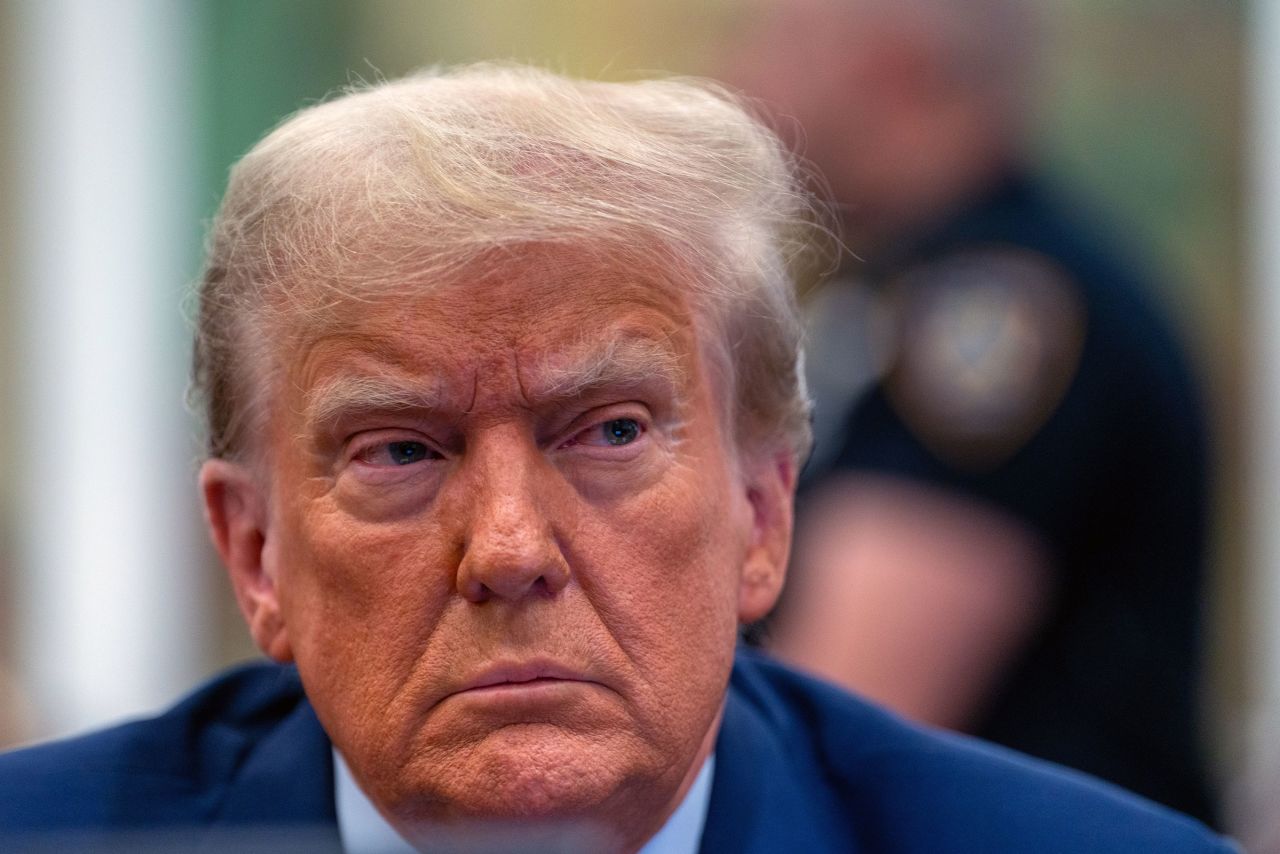
A Preview of Trump’s Second Term
Trump’s interview offers a glimpse into the priorities and controversies likely to define his upcoming administration.
From foreign policy shifts to domestic reforms, Trump’s positions highlight a continuation of his unorthodox approach to governance and his willingness to challenge established norms.
As he prepares to assume office, these policies will face scrutiny from both domestic and international audiences, setting the stage for another transformative chapter in American politics.

